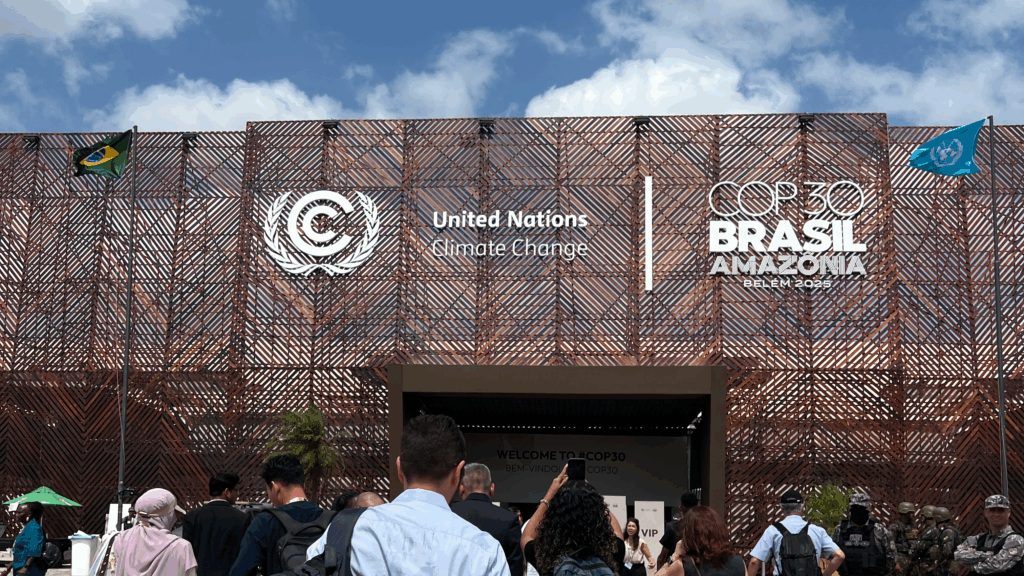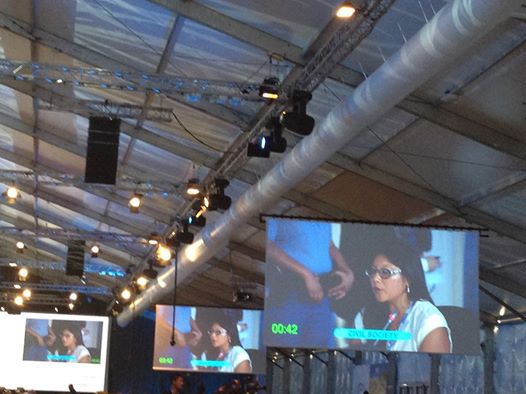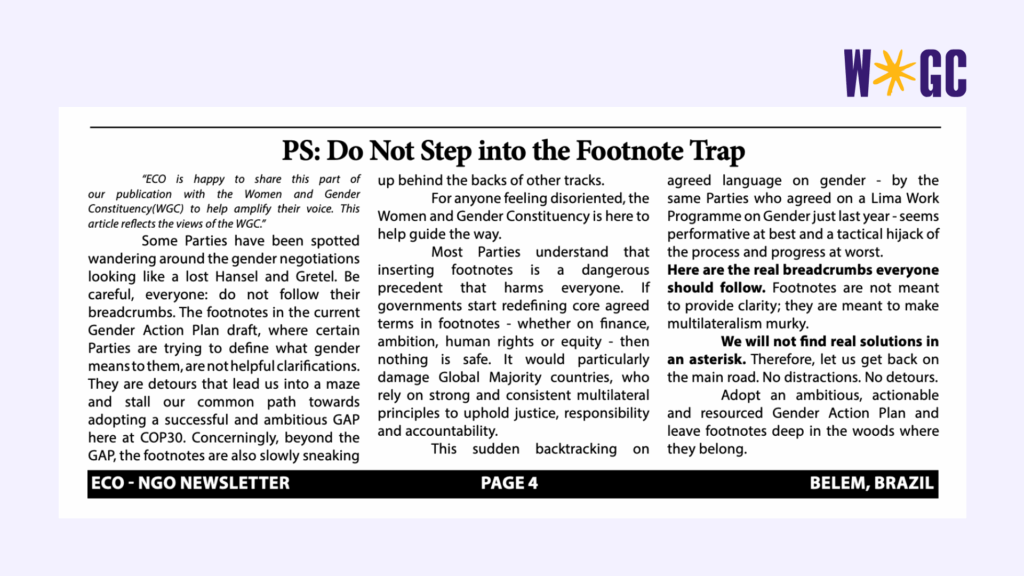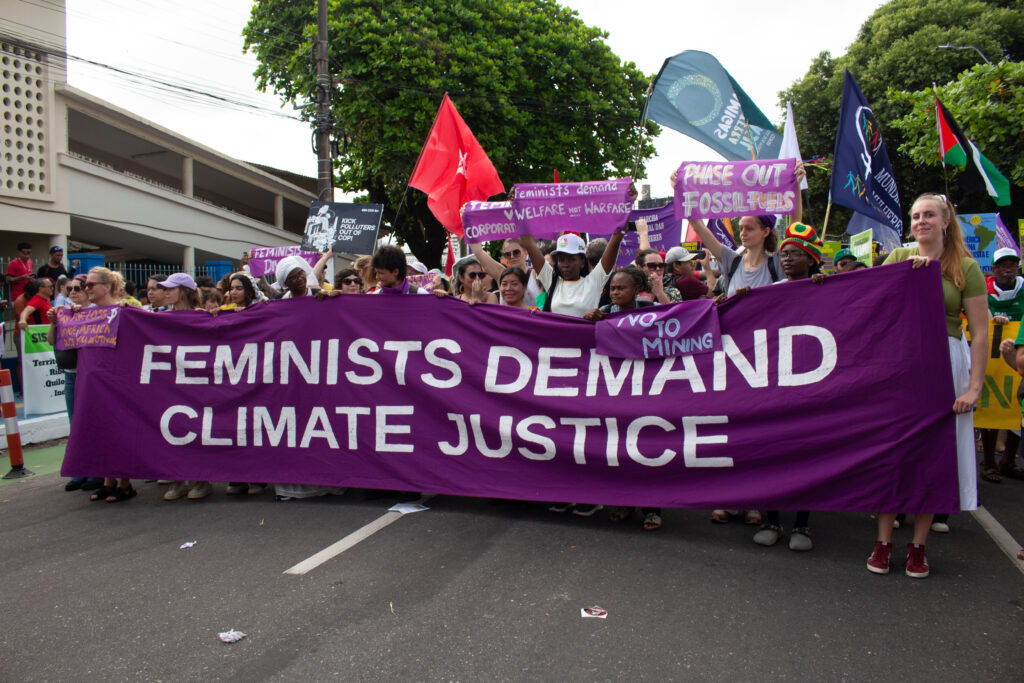
Gender Equality MUST Be Central to New Paris Agreement

LIMA, PERU (December 2, 2014)— As negotiations opened on the new Paris Agreement here in Lima, at COP20, the WGC reminded Parties that we need ambition, real solutions and recognition of human rights, gender equality and the rights of future generations.
Thank you Chair. My name is Mrinalini Rai, speaking on behalf of the Women and Gender Constituency.
First and foremost, we urge Parties to commit to work towards an effective, equitable and just new agreement that respects the human rights and gender equality, including the rights of future generations. To truly protect these rights, and the rights of those in vulnerable situations, the post-2015 agreement must be a binding, ambitious agreement that necessitates immediate, transformative action, both in regards to mitigation and adaptation and all means of implementation.
The Constituency welcomes language in the revised non-paper of the Co-Chairs, which recognizes that all actions to address climate change should ensure gender-responsive approach and respect human rights.
It is crucial, however, that gender equality is included as a guiding principle in the operative language of the new climate agreement, cross-cutting issue in all elements of climate policy. This would follow strong precedent on inclusion of gender in the Green Climate Fund architecture. Additionally, we appreciate the specific recognition of gender considerations in relation to adaptation, capacity building and particularly finance, however given the critical role women and men play as contributors to climate action, we urge Parties to enhance recognition of gender equality in relation to mitigation and technology.
Of additional importance is ensuring open, inclusive and transparent processes for the participation, views and perspectives of civil society in climate change decision-making and actions. This includes women, youth, indigenous peoples, and local communities, with considerable expertise to be found in each of the constituencies represented here in Lima.
Furthermore, we urge Parties to focus and prioritize investment and dialogue on real solutions over high risk options like CCS and nuclear technology, which pose significant health, culture, economic and ecological risks, especially to those who are in vulnerable situations. We have an incredible opportunity for an energy transformation toward safe, renewable energy systems focusing on bottom-up approaches.
To close, we ask you to remember that Common but Differentiated Responsibilities (CBDR) exist not only for countries, but also between communities, between rich and poor, and also between men and women. This is the right moment to set the bar high and ensure that future climate policies take into account the rights, needs, perspectives, capacities and expertise of women and men alike, in order to achieve truly sustainable development and avert the climate crisis.
Thank you Mr/Madam Chair.

